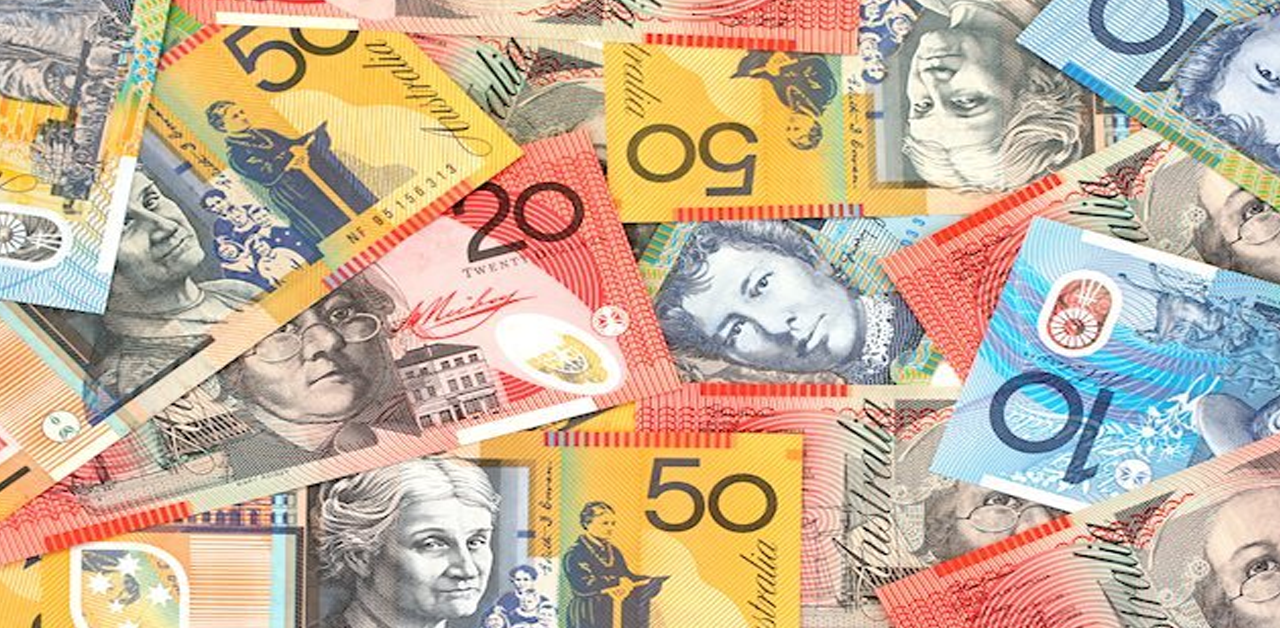Former PBOC Official Expects Significant Impact from China’s Stimulus Plan
Former Deputy Governor of the People’s Bank of China and ex-Deputy Managing Director of the International Monetary Fund, Zhu Min, has expressed optimism about the impact of China’s recently unveiled stimulus plan. This plan is strategically designed to bolster emerging sectors of the economy while sidestepping further investment in the beleaguered property sector, according to Zhu Min.
Zhu Min emphasized that the stimulus package, while not excessively large in scale, is poised to yield significant results. He believes the plan’s potency derives from its sharp focus on addressing climate change issues and promoting sectors set to become global competitiveness leaders for China, the world’s second-largest economy. In an interview with Bloomberg TV, he underscored the plan’s core objectives of accelerating growth in sectors prioritized by the government, including advanced manufacturing and renewable energy. Importantly, the plan is constructed to prevent a dramatic increase in debt levels.
Describing the stimulus package as “sectorial, earmarked, clear structure-oriented,” Zhu Min noted its intent to benefit industries that align with the government’s strategy to replace traditional economic drivers, such as property and infrastructure.
China intensified its support for the economy with several measures, including issuing additional sovereign debt worth 1 trillion yuan ($137 billion) in the fourth quarter. This move is aimed at bolstering disaster relief and infrastructure development.
Zhu Min’s outlook on China’s economic growth is positive, projecting a 5% expansion for this year, with a similar growth trajectory expected for the following year, possibly ranging between 4.5% and 5%. He considers this a reasonable margin for achieving the growth target. He also commented on the overall stability of the Chinese economy, noting that it is already in the process of stabilizing. This comes amid stronger-than-expected third-quarter data reported by China, despite the ongoing challenges in the property market.
However, concerns loom over China’s high debt-to-GDP ratio, which reached a record level in the second quarter. Zhu Min emphasized that due to China’s already elevated debt levels, the country cannot afford to enact an excessively generous and oversized stimulus package. Consequently, the government is carefully navigating economic policies to address structural issues rather than resorting to broad macroeconomic interventions.
Looking ahead, economists surveyed by Bloomberg anticipate China’s economy to expand by 4.5% in 2024, following a 5% growth rate projected for this year. Zhu Min’s insights underscore the importance of strategic economic policies as China balances economic growth with debt sustainability.











